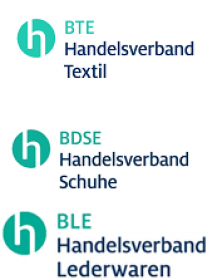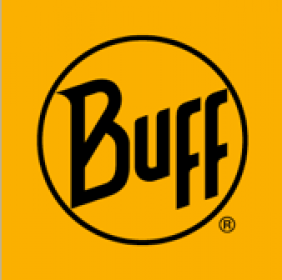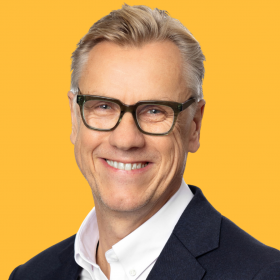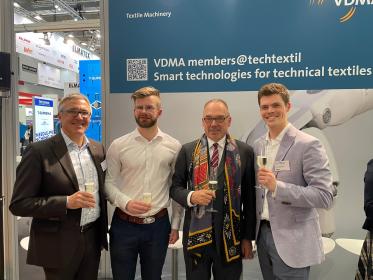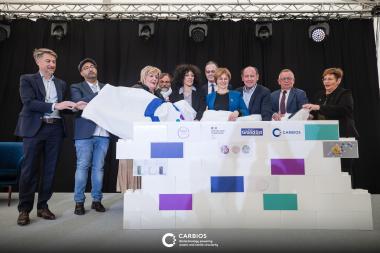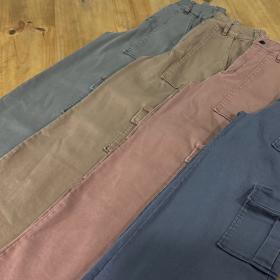10 Jahre Textilbündnis: BTE seit Beginn engagiert
Mitte April feierte das Bündnis für nachhaltige Textilien (kurz: Textilbündnis) sein 10-jähriges Bestehen. Die Multi-Akteurs-Partnerschaft besteht aktuell aus rund 120 Unternehmen, Verbänden, Nichtregierungsorganisationen, Gewerkschaften und Standardorganisationen sowie der deutschen Bundesregierung, die das Textilbündnis in Person des damaligen Entwicklungsministers Müller maßgeblich mit initiiert hatte. Ziel des Textilbündnisses ist die Verbesserungen entlang globaler Wertschöpfungsketten in der Textilbranche.
Der BTE engagiert sich seit Gründung im Textilbündnis in verschiedenen Arbeitskreisen. Wegen des veränderten regulativen Umfelds kam es Ende 2022 zu einer strategische Neuausrichtung. So wurden neue Anforderungen an die Bündnismitglieder gestellt, z.B. zur erweiterten Transparenz in der Lieferkette. Mit der Umsetzung definierter Fokusthemen entlang der Lieferkette leistet das Textilbündnis einen positiven Beitrag zu zentralen Problemen der weltweiten Textilindustrie, wie z.B. geringe Löhne, hoher Ressourcenverbrauch und Treibhausgas-Emissionen, geschlechterspezifische Gewalt und Diskriminierung sowie bislang oft fehlende Möglichkeiten, auf Missstände am Arbeitsplatz hinzuweisen.
Aktuell ist der BTE im Kreislaufwirtschaftsprojekt “Daunen- und Federn-Recycling" eingebunden. Ziel dieses Fokusthemas ist die Erhöhung der Menge an neuen Bettwaren, die mit recycelten Daunen und Federn gefüllt ist.
Hinweis: Auf der Webseite des Textilbündnis www.textilbuendnis.com steht eine größere Zahl grundlegender Dokumente als Download zur Verfügung, die in den letzten 10 Jahren das gemeinsame Engagement der Branche verdeutlichen, u.a. Risiken ermitteln und priorisieren, Infopapier Beschwerde- und Abhilfemechanismen, Leitfaden existenzsichernde Löhne, Informationsblätter zu einzelnen Fasern und Textil-Abwassermanagement.
BTE Handelsverband Textil Schuhe Lederwaren


